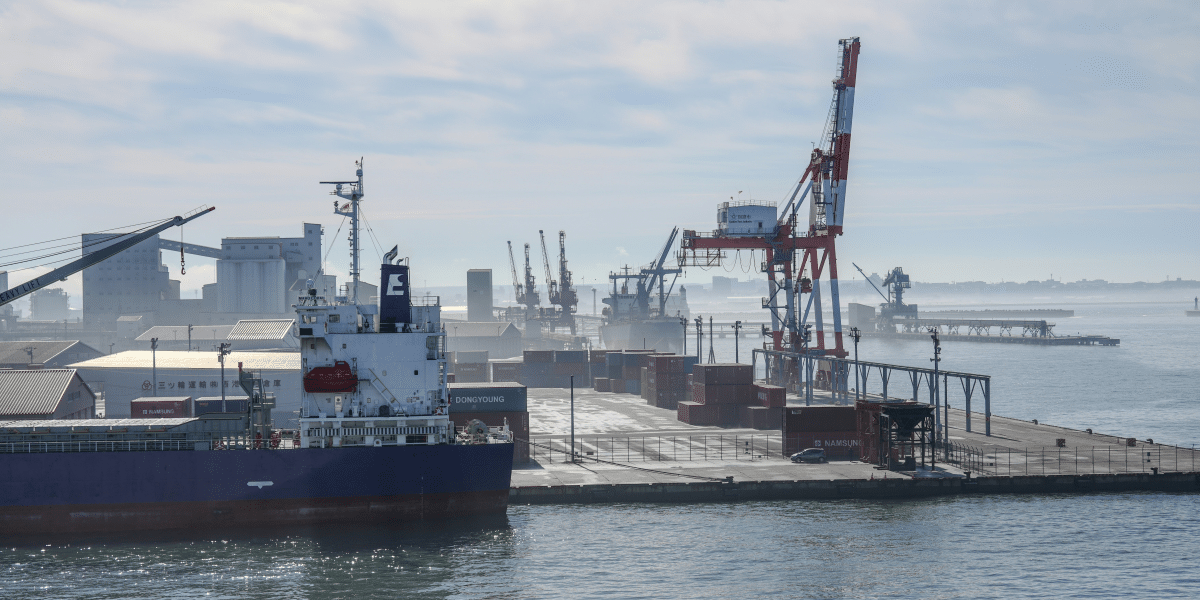Shipping a car can be daunting, especially when considering the factors that influence the overall cost. Understanding these elements can help individuals make informed decisions and ensure a smooth process. This post will delve into the key factors affecting car shipping costs, offering valuable insights to guide readers through the journey.
Distance and Location
The distance between the pickup and drop-off points significantly impacts the cost for shipping your car. Longer distances typically result in higher costs due to increased fuel and labor requirements. Additionally, the locations of these points play a crucial role. Shipping between major cities often proves less expensive compared to rural or remote areas. Urban locations usually have more transport options, leading to competitive pricing and potential cost savings.
Vehicle Size and Weight
A vehicle’s size and weight are critical determinants of shipping costs. Larger and heavier vehicles occupy more space on carriers and contribute to higher fuel consumption. Consequently, shipping a compact car will generally be cheaper than transporting an SUV or a truck. Providing accurate measurements and weight information is essential to help minimize the risk of additional fees and contribute to a smoother shipping process.
Transport Type
The mode of transport chosen also affects the cost. Open carriers expose vehicles to external elements and are usually more affordable than enclosed carriers. Enclosed carriers, offering protection from weather and debris, come with a higher price tag but provide added security. Individuals must weigh the benefits of each option, considering factors like vehicle value and desired protection level.
Seasonal Demand
Seasonal fluctuations can impact car shipping prices. During peak seasons, such as summer and late spring, increased demand can lead to higher rates. Conversely, shipping during off-peak periods, like winter, may result in lower costs. Planning ahead and scheduling shipments during less busy times can help secure better deals and reduce expenses.
Delivery Speed
The required delivery speed also influences shipping costs and can save you money. Expedited shipping services, which ensure faster delivery times, generally come at a premium. Standard shipping options, offering longer transit times, tend to be more budget-friendly. Assessing individual needs and balancing speed with cost considerations can help choose the suitable option.
Carrier Availability and Routes
The availability of carriers and their routes can affect pricing. Popular routes with frequent carrier traffic often have lower costs due to competition among service providers. Conversely, less common routes or those with limited carrier options might result in higher prices. Checking multiple carriers and comparing quotes can help identify the premier rates for specific routes.
Insurance and Additional Services
Insurance coverage adds another layer of cost to car shipping. Basic coverage is typically included, but additional insurance might be necessary for high-value vehicles. Extra services, like door-to-door delivery, tracking, and guaranteed pickup dates, also contribute to the final cost. Evaluating the necessity of these services against their costs ensures an optimal balance between budget and convenience.
Vehicle Condition
A vehicle’s condition can also impact shipping costs. Inoperable vehicles require special equipment for loading and unloading, leading to higher fees. Making sure the vehicle is in proper working condition before shipment can help reduce the likelihood of additional charges. Keeping the car clean and removing personal items also ensures a smoother and more cost-effective shipping process.
Fuel Prices
Fluctuations in fuel prices directly influence shipping costs. Higher fuel prices result in increased operational expenses for carriers, which are often passed on to customers. Staying informed about current fuel trends and considering timing can help mitigate the impact of fuel price variations on shipping costs.
Booking Time
Booking time plays a role in determining shipping expenses. Last-minute bookings frequently incur higher costs due to limited availability and urgent arrangements. Planning and booking in advance allows for better rate negotiations and access to more affordable options. Early arrangements provide ample time for research and comparison, ensuring the premier possible deal.
Summary
Understanding the factors influencing car shipping costs empowers individuals to make informed decisions and optimize their shipping experience. From distance and location to vehicle condition and booking time, each element is crucial in determining the final price. By considering these factors and planning accordingly, readers can confidently navigate the car shipping process and achieve cost-effective results.
Published by: Nelly Chavez


















